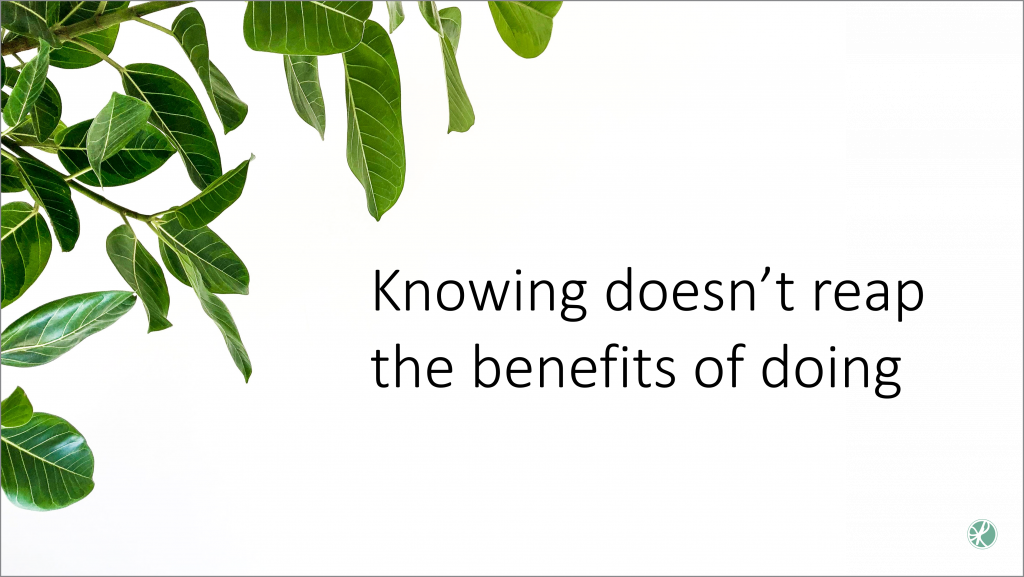I have a slide that I use in multiple decks. It looks like this:

I have a slide that I use in multiple decks. It looks like this:

I am a fan of collaboration and co-creation — they build buy-in and reduce blind spots every time. But I am also committed to meaningful engagement. Too often when people are planning stakeholder consultations or community engagement, they are doing so because they feel they should or have to, but when you scratch below the surface, they actually don’t have anything worthwhile to ask people. Instead, they either just have information to share, or they are simply “ticking a box.” (For more on this, have a look at the IAP2 Spectrum of Public Participation. If you’re at the “Inform” end of the scale, be there clearly and proudly!)
Continue reading “Tell Don’t Ask”One of the key skills of a facilitator is ensuring all voices are heard. It’s something we keep in mind in every meeting and in the overall design of projects. Within the core competencies of the International Association of Facilitators, we pledge to promote inclusiveness by encouraging “positive regard for the experience and perception of all participants.” In the IAF Statement of Values and Code of Ethics, members “strive to engender an environment of respect and safety where all participants trust that they can speak freely.” Hearing from everyone in the room is part of most facilitators’ DNA.
Can you already hear echoes of the contradiction I’m struggling with? Continue reading “When Inclusive Isn’t Safe”
Do you have something you’d like to launch but you aren’t sure if there’s an appetite for it or whether the details of your offerings are quite right?
Ask your audience.
It seems basic, but too often we behave as if we need to have all the answers when in fact, we have but one opinion and are often not representative of our own target market anyway. Continue reading “Co-Creation”
Become comfortable with discomfort.
It might sound good as a hashtag or on a T-shirt, but the above statement is utterly impossible. Discomfort is of course, by definition, not comfortable.
It’s one of the reasons we have default settings. They are comfortable. They save us time and mental energy. They eliminate conscious choice. To move away from them requires deliberate decision. As Dr. Jason Fox explains, our default is “selected automatically unless a viable alternative is specified.” Continue reading “A Default of Privilege”